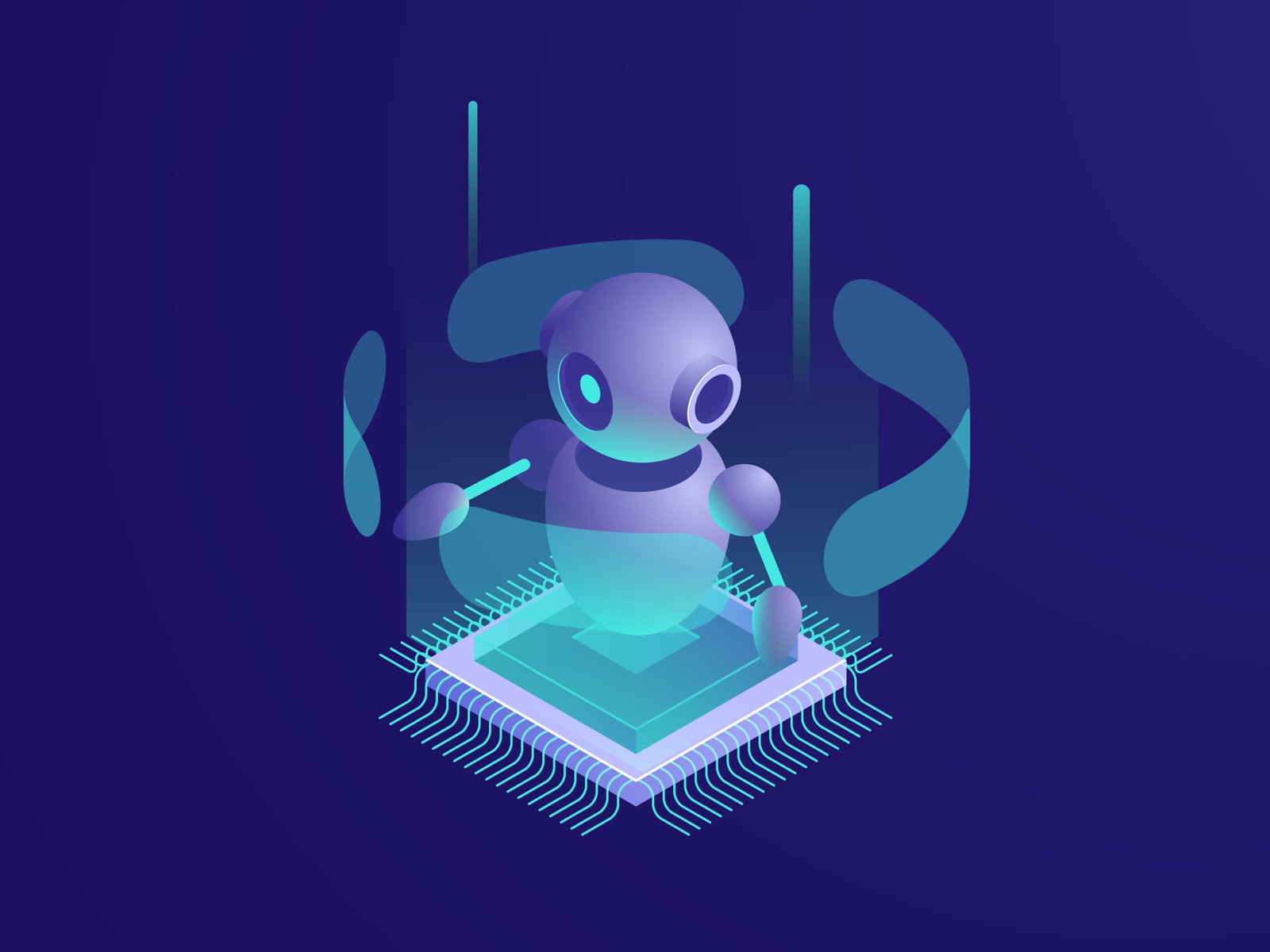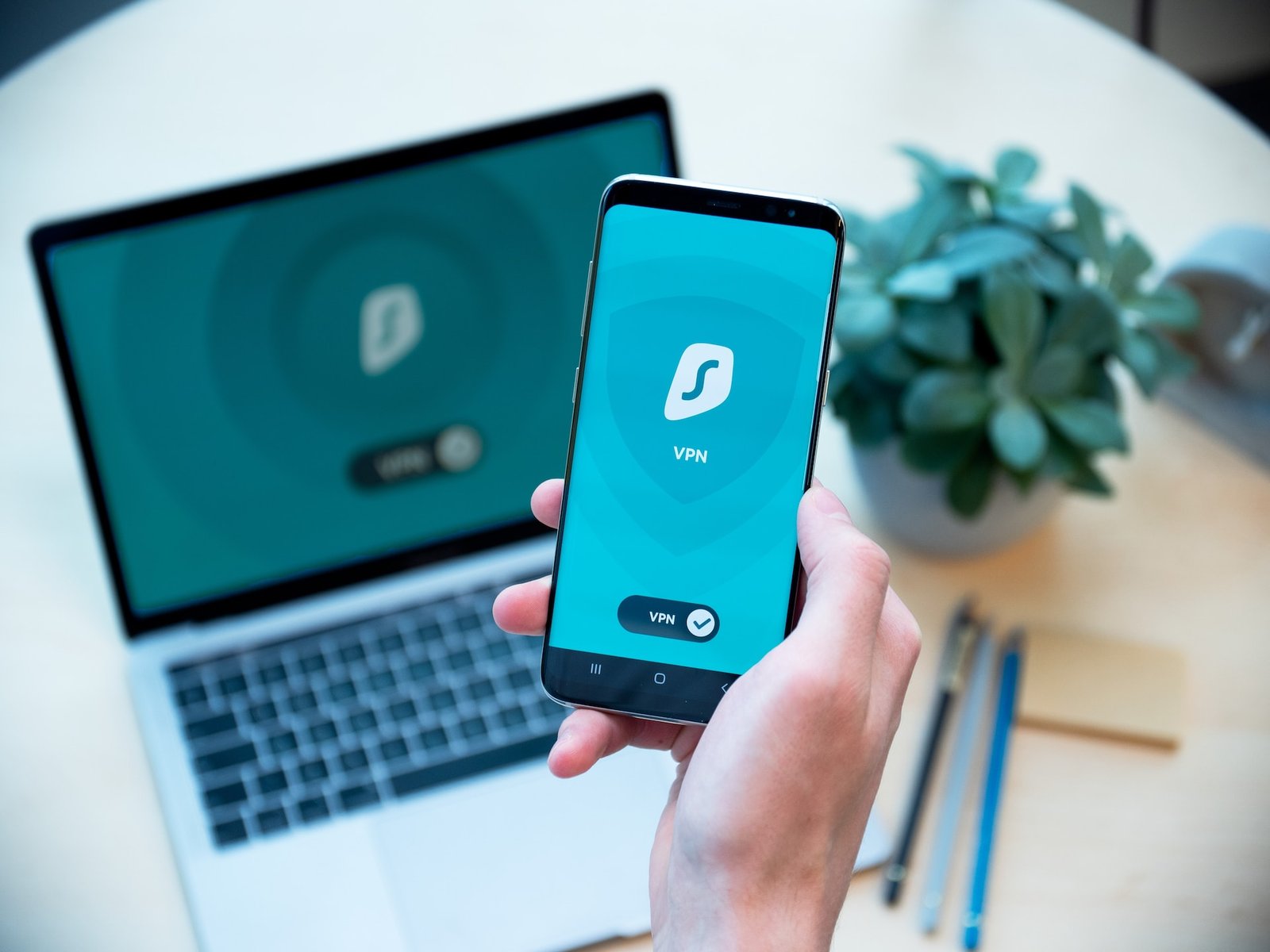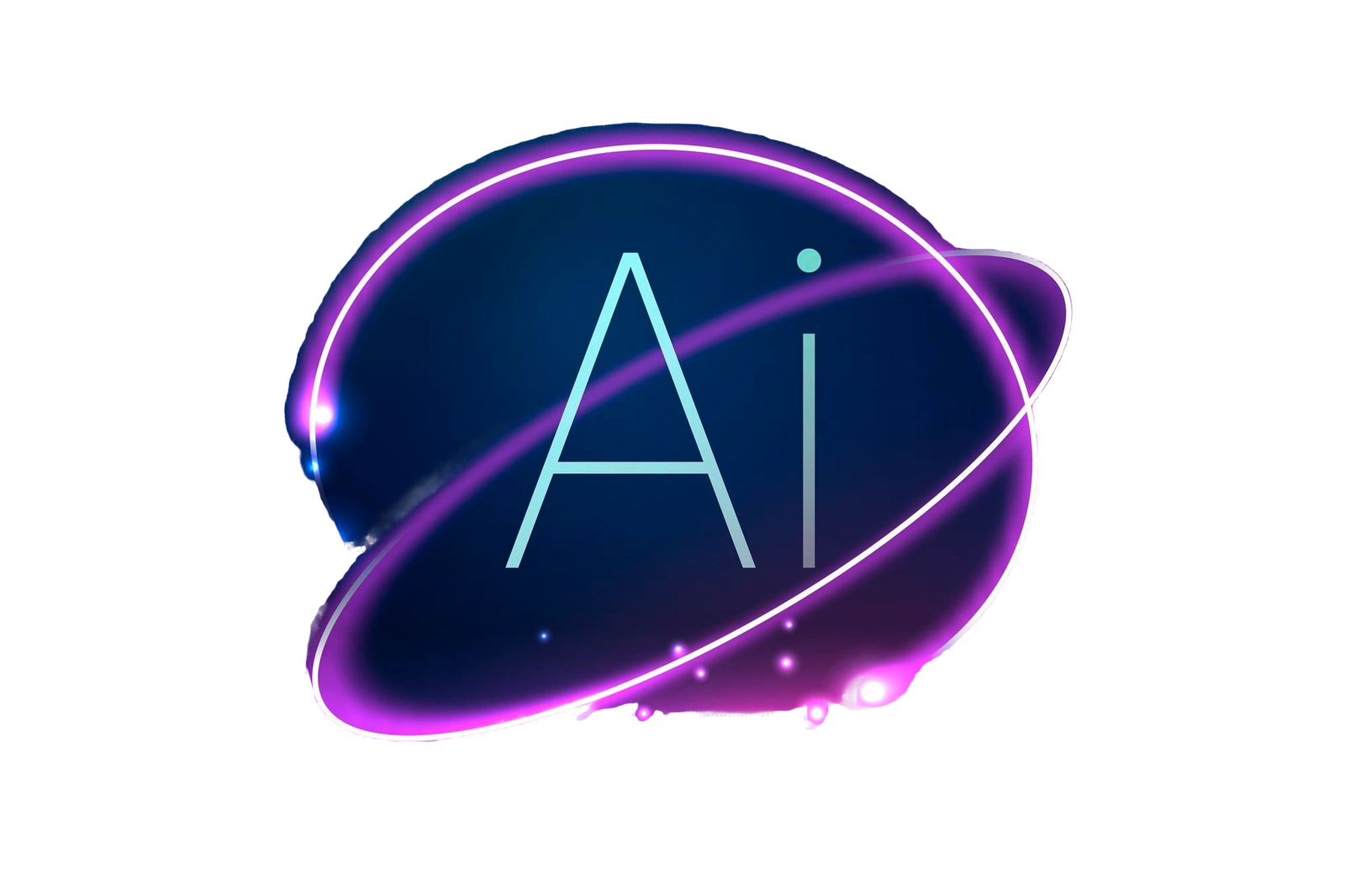Introduction
In today’s digital world, privacy and security have become major concerns. With cybercriminals and online surveillance on the rise, it’s more important than ever to protect your online activities. This is where VPN comes in. VPN, or Virtual Private Network, is a technology that encrypts your internet connection and routes it through a remote server, making it difficult for anyone to track your online activities. In this article, we’ll guide you through everything you need to know about VPN, including how to VPN, its benefits, and how to choose the right VPN service for your needs.
In today’s digital age, privacy and security are becoming increasingly important. With cybercriminals and hackers lurking around every corner of the internet, it’s crucial to take measures to protect your online activities. One of the best ways to do this is by using a virtual private network (VPN).
A VPN encrypts your internet connection and routes it through a secure server, making it impossible for anyone to intercept your data or track your online activities. In this article, we’ll show you how to VPN and protect your online privacy.
Benefits of VPN
Before we dive into how to VPN, let’s first understand why VPN is important. Here are some of the key benefits of using a VPN:
- Security: VPN encrypts your internet connection, making it difficult for anyone to intercept your data, including your internet service provider (ISP), hackers, and government agencies.
- Privacy: VPN hides your IP address, making it difficult for anyone to track your online activities, including your browsing history and location.
- Access to geo-restricted content: VPN allows you to access content that may be restricted in your country, such as streaming services and websites.
- Safe public Wi-Fi: VPN encrypts your connection, making it safe to use public Wi-Fi, which is often unsecured and can be easily hacked.
How to VPN
Now that you understand the benefits of VPN, let’s take a look at how to VPN.
Step 1: Choose a VPN service
The first step in how to VPN is to choose a VPN service that suits your needs. There are many VPN services available, and it’s important to choose one that provides strong encryption, good connection speeds, and a wide range of server locations.
Step 2: Download and install the VPN software
Once you’ve chosen a VPN service, the next step is to download and install the VPN software on your device. Most VPN services offer software for Windows, Mac, Android, and iOS devices. Simply follow the instructions provided by your VPN service to download and install the software.
Step 3: Connect to a VPN server
Once you’ve installed the VPN software, the next step is to connect to a VPN server. Your VPN service should provide a list of server locations to choose from. Select a server location that suits your needs, and click on the connect button.
Step 4: Enjoy secure online browsing
Once you’re connected to a VPN server, you can enjoy secure online browsing. Your internet connection is encrypted, and your IP address is hidden, making it difficult for anyone to track your online activities.
Choosing the Right VPN Service
Choosing the right VPN service is crucial in ensuring the security and privacy of your online activities. Here are some factors to consider when choosing a VPN service:
- Security: Look for a VPN service that provides strong encryption, such as AES 256-bit encryption. Also, check if the VPN service has a no-logs policy, which means that it does not keep any records of your online activities.
- Connection speeds: Look for a VPN service that provides fast connection speeds, especially if you plan to use it for streaming or downloading large files.
- Server locations: Look for a VPN service that provides a wide range of server locations, especially if you plan to access geo-restricted content.
- User-friendly software: Look for a VPN service that provides user-friendly software, which is easy to use and navigate.
- Customer
What is a VPN?
A VPN is a service that allows you to browse the internet securely and anonymously. When you connect to a VPN, your internet connection is encrypted and routed through a secure server, making it impossible for anyone to see your online activities.
How Does a VPN Work?
When you connect to a VPN, your internet connection is encrypted and routed through a secure server. This server acts as a middleman between your device and the internet, allowing you to browse the web anonymously and securely.
Why Do You Need a VPN?
There are several reasons why you might need a VPN, including:
- Protecting your online privacy
- Bypassing internet censorship
- Accessing geo-restricted content
- Preventing ISP tracking
- Using public Wi-Fi securely
How to Choose a VPN
When choosing a VPN, there are several factors to consider, including:
- Security features
- Speed and performance
- Server locations
- Compatibility with your devices
- Customer support
How to Set Up a VPN
Setting up a VPN is relatively easy, and most VPN services provide step-by-step instructions to help you get started. Here’s a general guide on how to VPN:
- Choose a VPN service provider and sign up for an account.
- Download and install the VPN app on your device.
- Open the VPN app and log in with your account credentials.
- Select a server location and connect to the VPN.
- Once connected, your internet connection will be encrypted and secure.
How to Use a VPN
Using a VPN is straightforward. Once you’re connected to the VPN, you can browse the internet just like you normally would. Here are some tips on how to use a VPN:
- Make sure the VPN is turned on before browsing the internet.
- Choose a server location that’s close to your physical location for faster speeds.
- If you’re accessing geo-restricted content, choose a server located in the country where the content is available.
- Always use the VPN when using public Wi-Fi to protect your data.
FAQs
Q: Is using a VPN illegal? A: No, using a VPN is legal in most countries. However, some countries have restrictions on the use of VPNs, so it’s essential to check the laws in your country before using a VPN.
Q: Will a VPN slow down my internet connection? A: It’s possible that using a VPN could slow down your internet connection slightly due to the encryption and routing process. However, most reputable VPN providers have fast and reliable servers, so the speed difference is often negligible.
Q: Can I use a free VPN? A: While there are some reputable free VPNs available, most free VPNs come with limitations and security risks. Paid VPNs are generally more reliable and offer better security features.
Internal Link – opticalsworld







